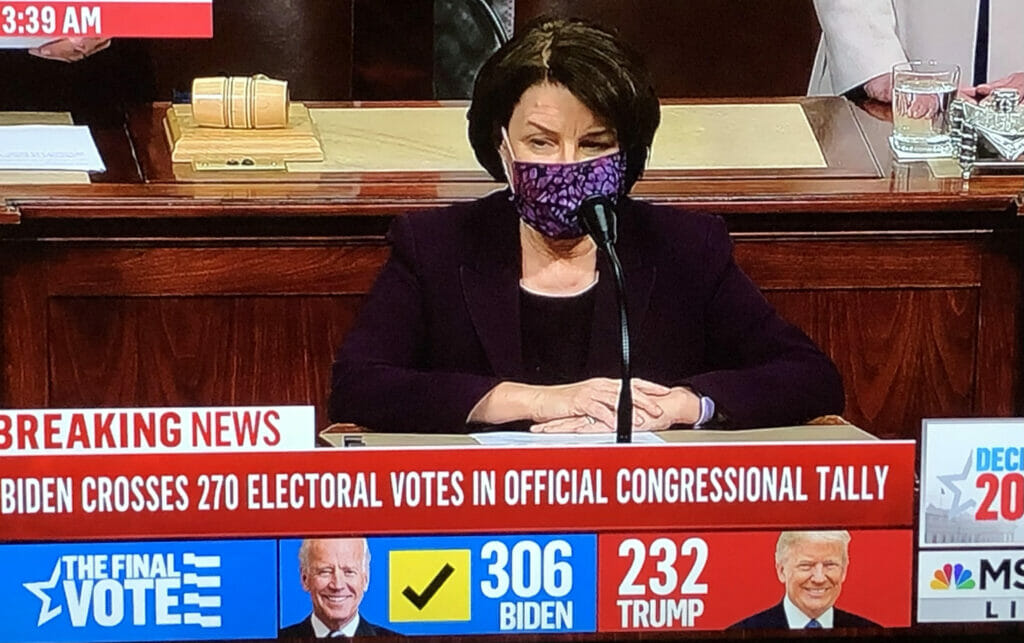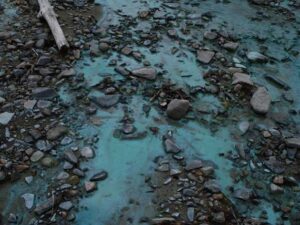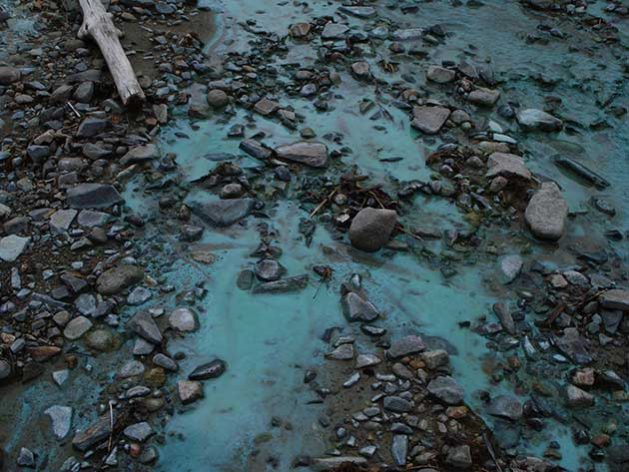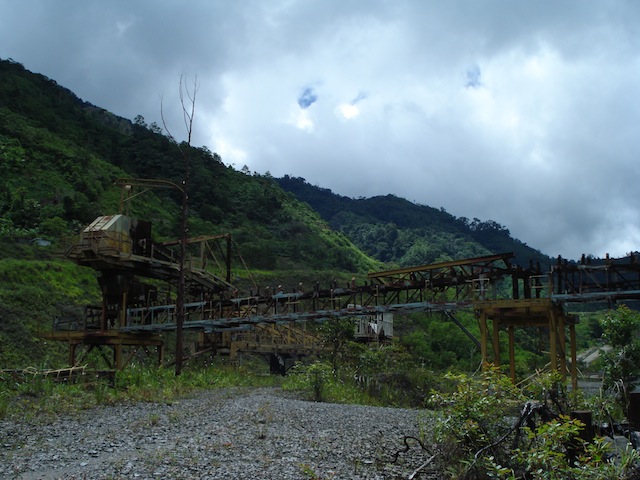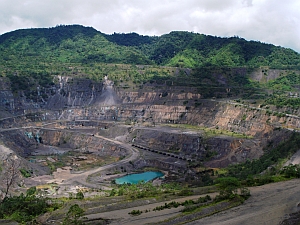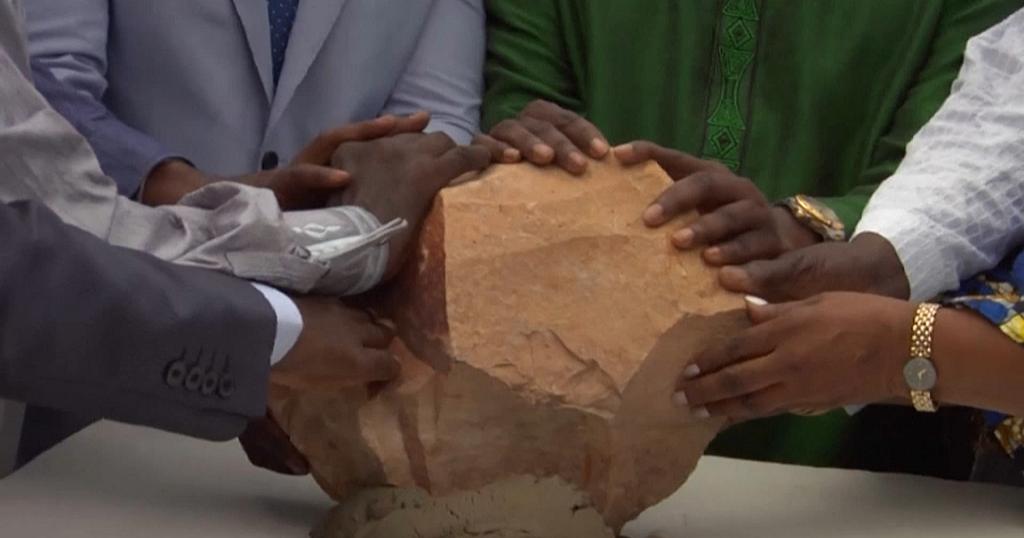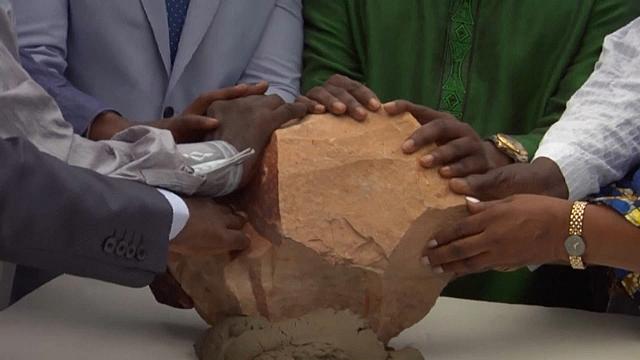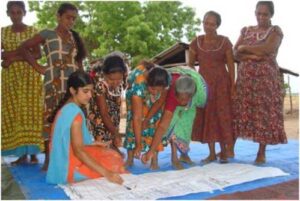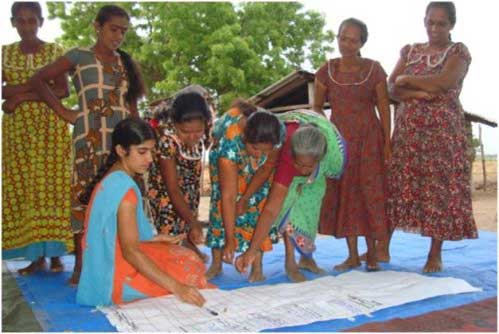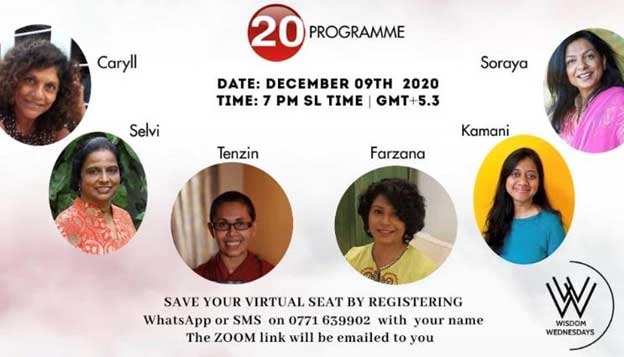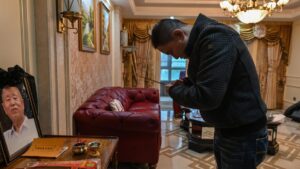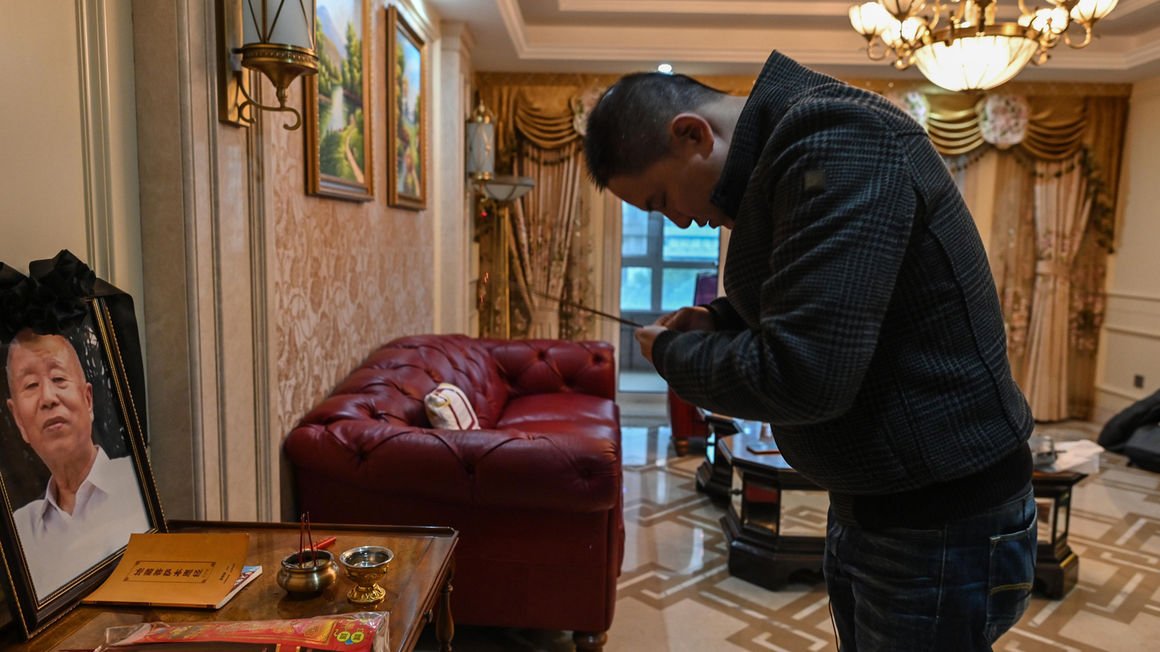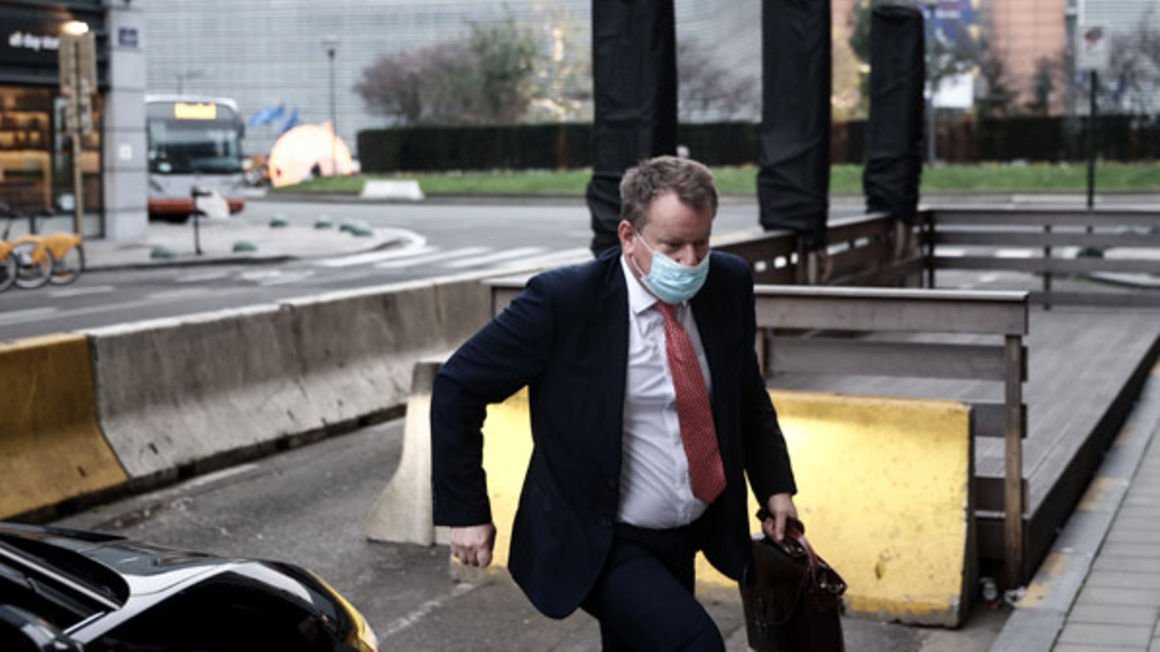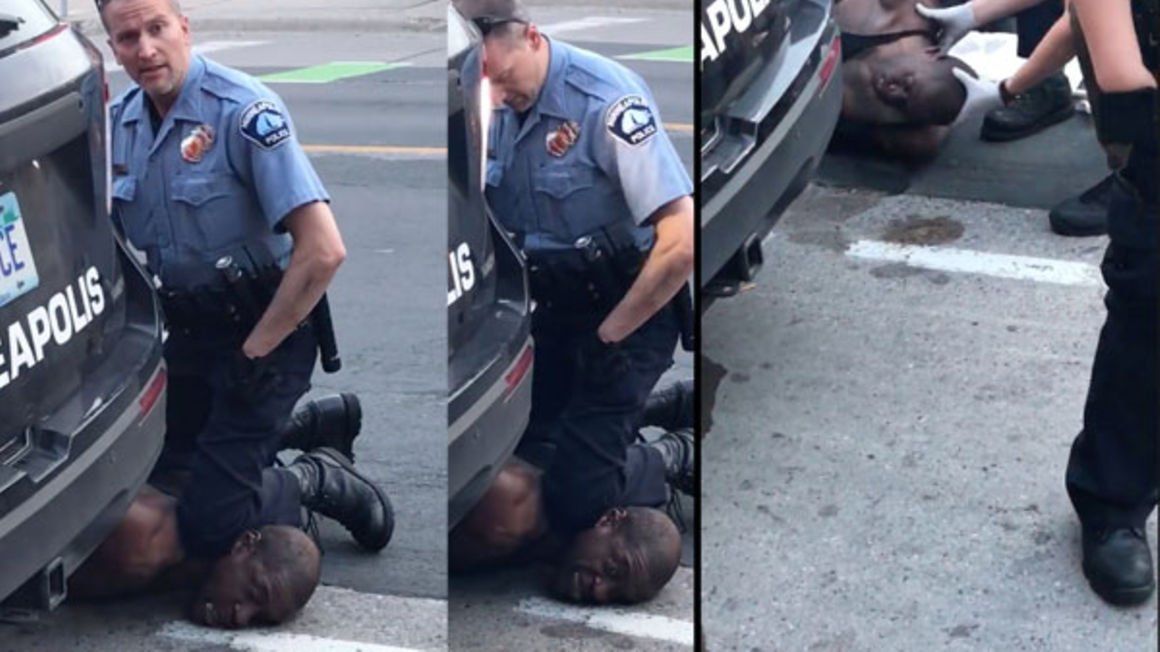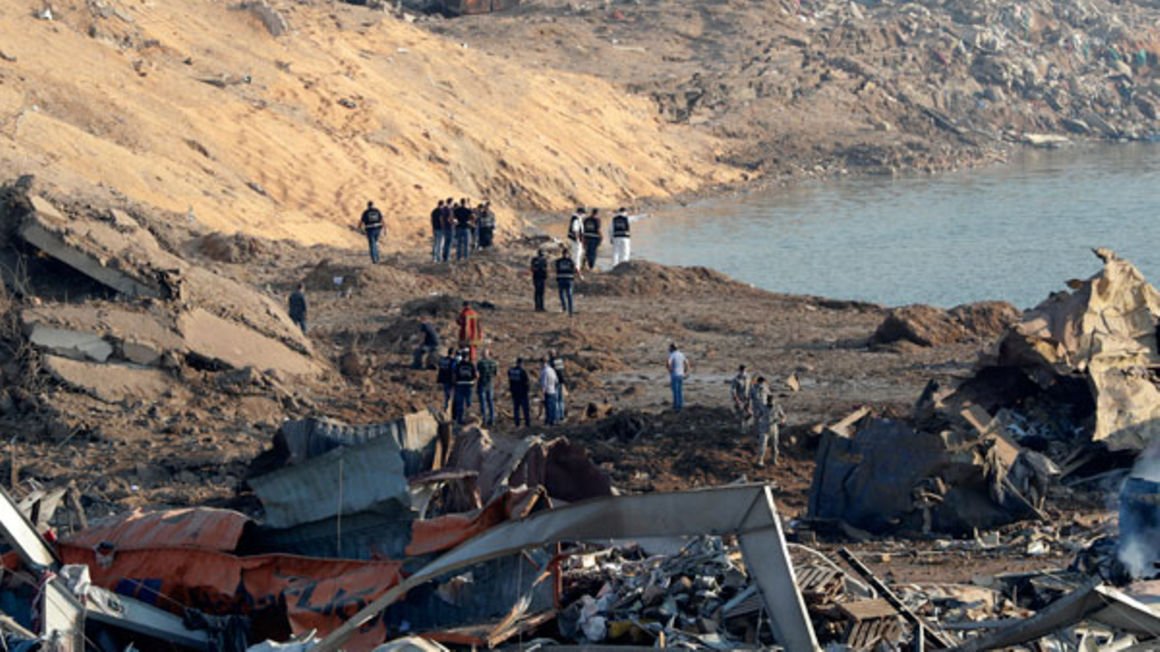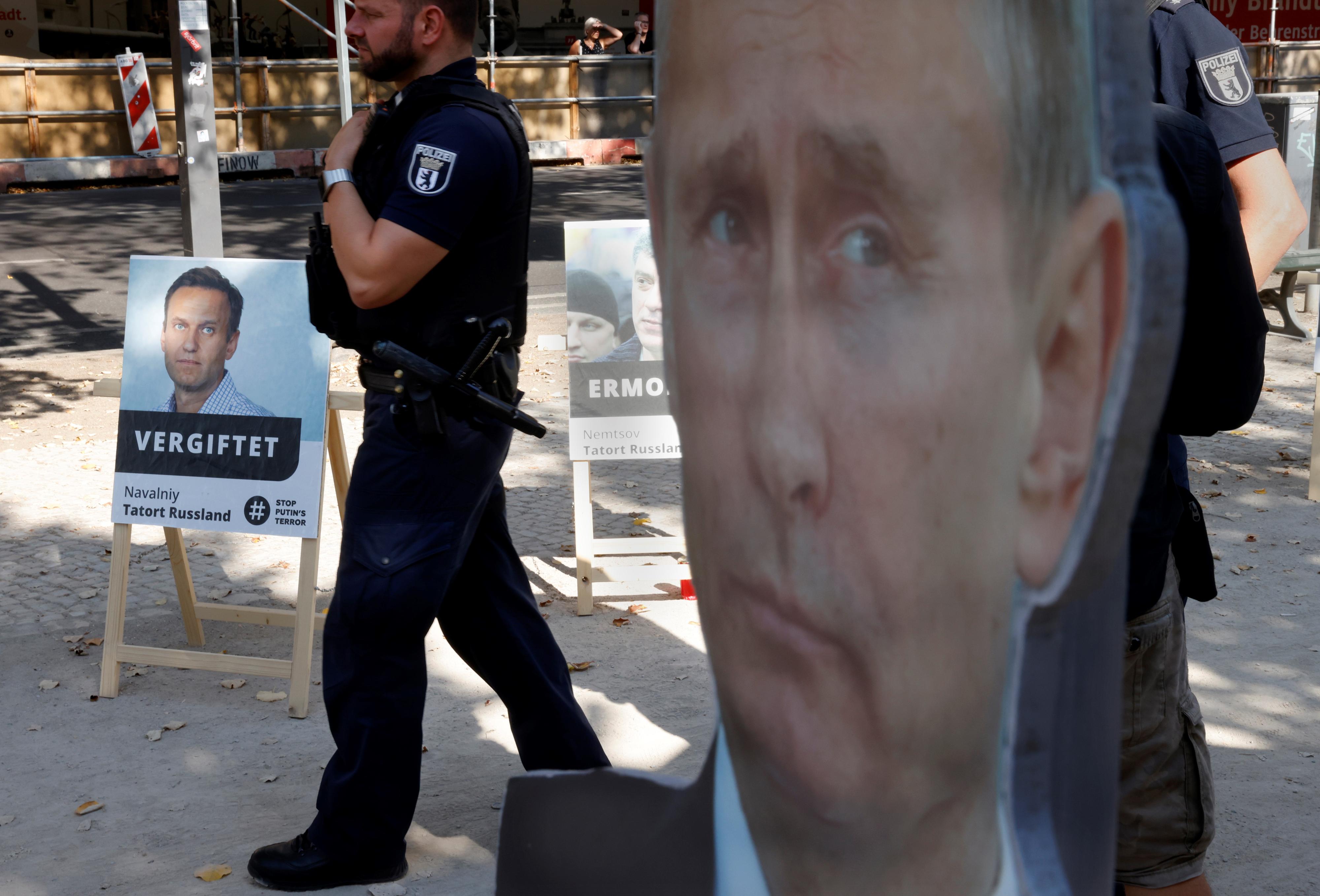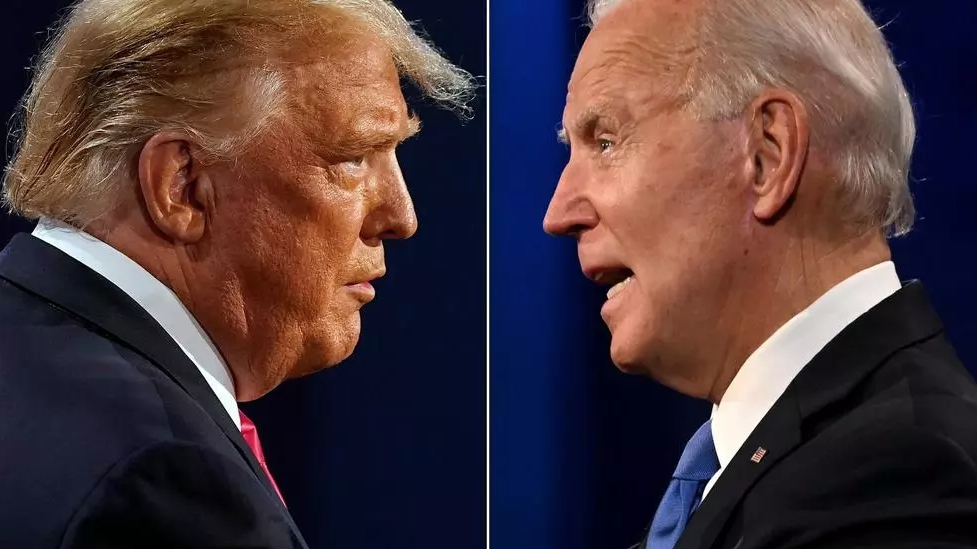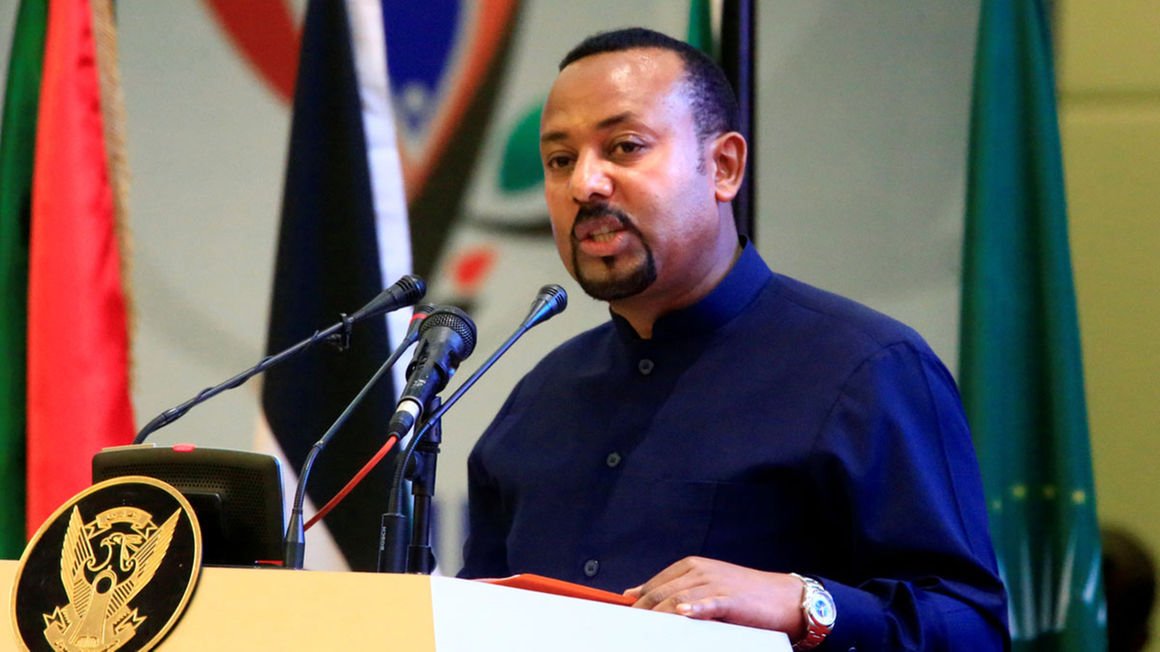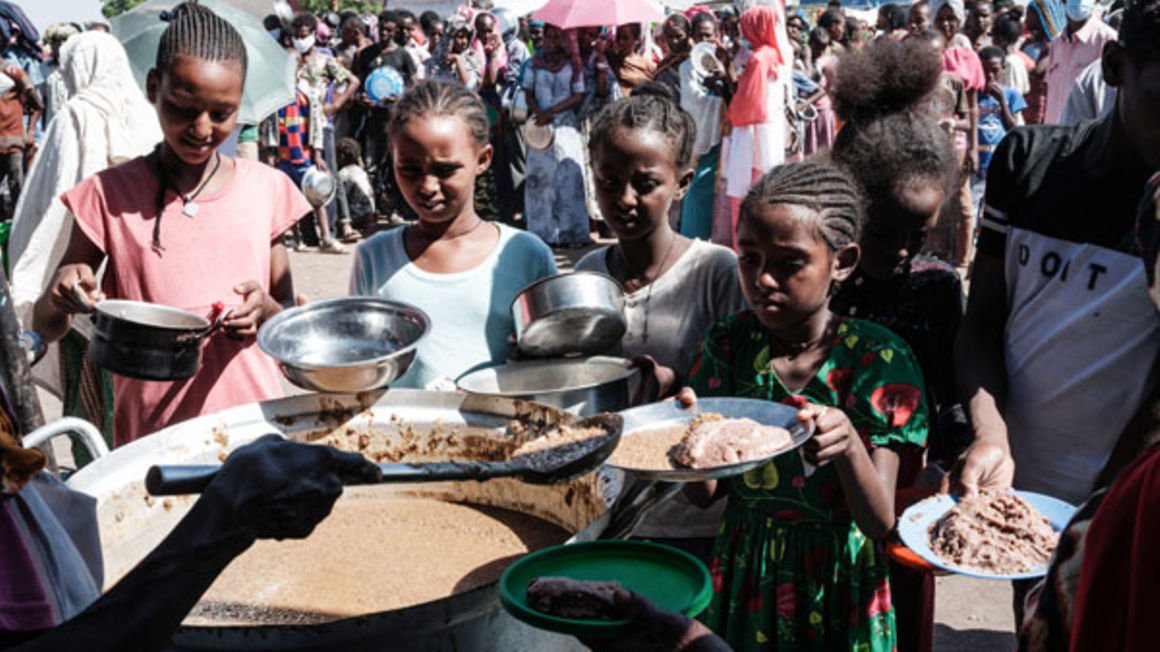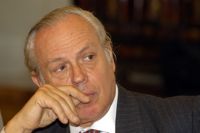
Conferences, Democracy, Development & Aid, Economy & Trade, Featured, Global, Global Governance, Globalisation, Headlines, TerraViva United Nations
– For 2021, Italy has been given chairmanship of the Group of 20, which brings together the world’s 20 most important countries. On paper, they represent 60% of the world’s population and 80% of its Gross Domestic Product (GDP). While the shaky Italian government will somehow perform this task (in the general indifference of the political system), the fact remains that this apparently prestigious position is in fact very deceiving: the G20 is now a very weak institution that brings no kudos to the rotating chairman. Besides, it is actually the institution which bears the greatest part of responsibility for the decline of the UN as the body responsible for global governance, a task that the G20 has very seldom been able to face up to.

Roberto Savio
Let us reconstruct how we arrive at the creation of the G20. It is a long story, that begins in 1975, when France invited the representatives of Germany, Italy, Japan, the United Kingdom and the United States, leading to the name Group of Six, or G6. The idea was to create a space where to discuss the international situation, not for decision making. Then it became the Group of Seven, with the addition of Canada in 1997. Russia was added in 1998, so the summit became known as the G8. And then, in 1980, the European Union was invited as a “nonenumerated participant”. In 2005 the UK government initiated the practice of inviting five leading emergency markets – Brazil, China, India, Mexico and South Africa. Finally, in Washington, in 2005, the world leaders from the group recognized the growth of more emerging countries, and they decided that a meeting of the 20 most important countries of the world would replace the G8 and become the G20.
At the meetings the United Nations, the European Union, and the major international monetary and financial institutions are also invited. Spain is a permanent invitee, together with leaders of the Asian, African Union, of the New Partnership for Africa’s Development, the Financial Stability Board, the International Labor Organization, the International Monetary Fund, the Organization for Economic Cooperation and Development, the World Bank Group, and the World Trade Organization.
Plus. The host country can invite some countries that it feels particularly associated with its foreign policy, at its year of presidency. Until now, 38 countries have been invited, from Azerbaijan to Chad, from Denmark to Laos, from Sweden to Zimbabwe. To complete, it is important to mention that Russia was suspended by the G8 in 2014, because of its annexation of Crimea. And was never readmitted. Trump, in his inexplicable deference to Putin, asked for its readmission to the G8, and this was refused by the other countries. The G7 has kept meeting, as “a steering group of the West”. At the same time, the G20 meets regularly, with Russia as part of his members.
So, Italy has the task to invite all those different actors, establish the agenda and planning and hosting a series of ministerial-level meetings, leading up to summit of head of governments. Italy has decided as agenda “The three P”: People, Planet and Prosperity. This imaginative and original agenda will be structured in 10 specialized meetings, like Finance (Venice July 9-10th); Innovation and Research (Trieste Aug. 5-8th); Environment, Climate, Energy (Naples, July 22nd), just to give a few examples. Beside these 10 specialized meetings, there will be 8 “engagement’s groups”, which will go from business to civil society, youth, etc.
The G20 is formed by countries that are involved in different and often contradictory groups. For instance, after Trump killed the TTP, (the Transatlantic Pacific Partnership), that Obama was able to put together excluding China, with a vast range of counters going from Australia to Mexico, from Canada to Malaysia, China was able to reciprocate, and crate the Regional Comprehensive Economic Partnership, which puts together the same countries plus some others and leave outside completely the United States. This commercial bloc is the largest ever created and has 30% of the world’s population, and 30% of the world GDP. But the European Union, (to which Italy belongs) has explicitly taken a path of European nationalism, to make the EU able to survive in the coming competition between China and the United States. European Union (and therefore Italy) are also members of NATO, where the United States is the indispensable and fundamental partner. And in the G20 China seats with India, which is the only country that has refused to join RCEP, and who is clearly taking an alternative path to China’s expansion in Asia. But this is also Japan’s policy, who is very active in G7, in the G20, and has entered RCEP, and considers, like South Korea, a priority to limit the Chinese expansionism.
Of course, there are a number of other pacts, agreements, treaties and alliances, that would be now boring and useless to enumerate. One country, like Italy, would therefore wear several hats at the same time. The point to make is, that since the arrival of Ronald Reagan as President of the United States in 1981, the multilateral system started to be under attack. Reagan, in Cancun’s Summit for the North-South dialogue, a few months after his election, questioned the idea of democracy and participation as the basis for international relations. Until then, the General Assembly resolutions were considered the basis for global governance. In 1973, the GA passed unanimously a resolution, calling for the reduction of the economic gap between the North and the South of the world, calling rich countries to their duties to establish a New International Economic Order, more just and based on the faster development of the poorer countries. Reagan denounced this as an anti-American maneuver. The US is not the same as Montecarlo, as he famously said (probably he intended Monaco, as Montecarlo is no state), and yet they have a vote each. So, this democracy coming from the UN, was in fact a straitjacket, and the US would proceed on the basis of bilateral relations, and not to be strained by multilateral mechanisms. Reagan was the first to talk of America first, He, together with Margaret Thatcher in Europe, dismantled all the social progress made in the world after the end of the Second World War. The market, with his invisible hand, would be the sole engine of society (that Thatcher said does not exist, only individuals). The State, that he called “the beast”, was the first enemy of the citizen. He declared: the most terrifying words in English are: I am from the Government, and I am here to help”. Any public or social cost was just a brake to the market. Reagan wanted to privatize even the ministry of Education: he and Thatcher left UNESCO, as a symbol of disengagement from the UN. Both he and Thatcher curtailed trade unions, privatized whatever possible, and started the era of neoliberal globalization, whose effect is now widely evident, and that Trump, Bolsonaro and Co. bless every day, because it has created a very large swath of disaffected citizens, who believe they will readdress their destiny.
Is important to note that Reagan did not have any real opposition, from the other rich countries. So, all this fragmentation of the world, with the creation of G7, G8, G20, and other exclusive clubs, was not an exclusive responsibility of Reagan and Thatcher. For forty years, the process of divesting the UN from its responsibility for the world’s peace, development, and democracy went on. Neoliberal globalization was based on finance and trade. Even before the end of the war, finance was delegated to the System of Bretton Wood, by the name of the site where it was founded. Let us just constate a fact: the Financial System was established in a such way, that Finance is the only sector of human activity that has no regulatory body. Today it has clearly separated by the general economy when its original function was to be at its service. And political institutions are not able to control its global structure.
The other engine of globalization was trading. United Nations had the UN Commission on Trade and Development, UNCTAD, which looked to trade as an instrument of development. The creation in 1995 of the World Trade Organization, as an independent organization, envisaging trade as an economic engine, divested the UN from trade too. And more the UN weakens, the easier is to decry its shortcomings.
The stroke of grace to multilateralism has been the arrival of Trump, the heir and an updated version of Ronald Reagan. But with a totally different agenda and vision. His basic idea is not “America First”, but “America Alone”. He pushes Regan’s idea of bilateralism versus multilateralism to the extreme of ignoring the concept of alliances. So, he declared, Europe is even worse than China. But there is a fundamental difference between them: Trump never pretended to be the President of all Americans. On the contrary, he tried immediately to divide and polarize the United States, and he leaves as a legacy the US that will take a very long time to become again a united and pacified country. And his strategy has been taken by several other leaders, from Bolsonaro to Orban, from Erdogan to Salvini.
It will be, therefore, difficult, for the UN to recover its function of the meeting place, to express plans of global governance, based on democracy and participation. It was a vision based on the lessons learned in the Second World War: let us avoid millions of deaths, terrible destruction, and to do so we need to work together. That lesson has been now forgotten. Just compare the kind of political leaders from that time, and the present one, to see the enormous change. Therefore, the expression of national egoisms will continue, with the richest countries in exclusives clubs, like OECD or the G20.
But there is a problem: those clubs are not efficient, because they gather together countries with very different agendas and priorities. Let us take a good example from the last G20, held last November under the very discredited chairmanship of Saudi Arabia. One of the points was the cancellation of the debt from poor countries, evidently urgent, because of the additional burden of the pandemic that is going to bring disproportionate damage. The Pope, the Secretary-General of the UN, Gutierres, pressed for that decision. All that the G20 was able to do, was to freeze the payment of the interest of the debt, for six months. And here, let us divagate for a useful learning exercise of the Third World Debt, and on the nobility of the rich countries.
If you take a loan that you repay over 20 years at 5%, or a mortgage, of 100, at the end you will have repaid 200. And during the first ten years, all you pay are the interest, and only in the second decade, you start to pay back, progressively, the capital. The result is that the poor countries several times renegotiated their debt and every time what they paid where the interest, to start again. And those interests were cumulative. During that process, they paid several times the amount of the capital that they received. But all that they paid went to the interests… At the university, you learn one good example of the perversity of cumulative interests. The old story is that a Dutch settler, Peter Minuit, bought the island of Manhattan from the Algonquin tribe. The price paid was $24 worth of beads, trinkets, a jar of Mayonnaise, two pairs of wooden clogs, a loaf of wonder bread and a carton of Quaker oats. If that amount was put in a loan at 5%with composite interest, it would be by now more than the estimated value of all of Manhattan, which exceeds three trillion dollars. So, the decision of the G20 to freeze interests for six months, amount to nothing. It is interesting to listen to insiders’ voices. The loans of the rich countries are computed in the DAC, Development Assistance Committee, established by OECD (the organizations that gathers all rich countries). The OECD engaged itself, in the old good day of multilateralism, to dedicated 1% of the members’ GDP to the development of the underdeveloped countries. This engagement was never kept, except for the Nordic Countries and Nederland. The US never went over 0,3%. Anyhow, any debt condonation goes into the official statistics of the DAC committee. But new loans are made, by countries that are not in the DAC committee, like China, which has made a very extensive number of loans, especially in Asia and Africa in not public conditions. For the OECD countries (basically the West), to cancel their loans could mean to unleash resources that could go to pay China loans, becoming so China funders. This is a good example of how competing interests, block the G20 from concerted actions.
Decisions on this issue are now expected from the next G20 Summit in Rome, in November. But before, the Global Health Summit, called from the G20 together with the EU in May, will be the occasion to verify what will happen. with vaccinations. But in the same month, Portugal has called for the very important Social Summit of the European Union. Portugal has taken the much more substantial chairmanship of the EU, and this is a very positive contribution to a positive 2021. Portugal is today probably the most civilized country of Europe, a place of tolerance, harmony and civic engagement, much like Sweden in the 80s. And is the only credible country on the issue of immigration. In the Social Summit Lisbon will push to strengthen social Europe, after so many decades of a solely economic Europe. The outgoing German chairmanship was fundamental in abandoning the austerity dogma and move to an unprecedented plan of solidarity and institutional strengthening, made also possible by the blessed departure of England, and its anti-European historical bias. The fact that vaccination is a European plan, and not a hotchpotch of national attempts, is great progress in term of vaccination. And if it will continue on the same path, on the issue of climate control, and technological development, it will recover much trust from the citizens, who felt Brussels an unaccountable institution, far from their priorities. Now the EU deals with unemployment, with the economic and social disaster brought by the virus. It is a tribute to the virtues of multilateralism, solidarity and development. And Portugal will try to complete what the German Presidency was unable to conclude.
But if we look to the obvious need for a world’s vaccination, the reality is much dimmer. Until now the rich countries have bought as many as possible vaccines. f. Europe, with 13% of the world population, has bought 51% of the total production. Israel is a case study. With a population of 9 million people, highly registered and organized in the health system, Netanyahu (who will do everything to stay in power), has bought the vaccines at an extra cost but is fast reaching all the population. Certainly, this cannot be the case of India, with nearly 1.4 billion people, and a very primitive system of health… Even the Pope has launched an appeal for distributing a free vaccine in the poor countries, and India and South Africa (which are a member of the G20), have asked the General Assembly of the World Health Organization for free distribution in poor countries. There has been strong opposition from the rich countries, that have financed at the tune of 10 billion dollars the development of the Pfizer and Moderna vaccines, which now they buy at market prices, several times higher than those of AstraZeneca… And then those two vaccines use a new technology, whose side effects are still unknown, unlike AstraZeneca, which uses a well-experimented technique.
But even if we take the cheaper vaccines, there is a very basic issue: under which ethical and human logic, patents and money can be made over public goods, as the Pope has repeatedly asked? The patent industry has been patenting seeds, rice, plants, which have been existing for hundreds of years, and those new peasants cannot use them without paying a royalty to the company who patented them. And then the pharmaceuticals tried to patent, parts of the human body… Citizens from several parts of the world have been setting up an association, Agorà for Humankind, that is conducting a campaign, for the elimination of patents and profits over public goods, as they belong to humankind. Also, an international alliance has been set up between the public and private sectors, the General Alliance for Vaccine Initiative, GAVI, which has the task to finance vaccination in 93 middle and poor countries. But funding is still far from coming. As things are now, at the end of 2021, only 30% of humankind will be vaccinated, basically from rich countries.
Yet, if there is something that should make all of us aware that we are in the same boat, is this pandemic. Until at least 70% of all humans will be vaccinated, the virus will continue to strike and kill. The British mutation, much more contagious, is a good example. The country with more cases is now Spain, which has no physical contact with the UK. But it went to Gibraltar, the British colony since 1713 in the South of Spain. And from there spread to the surrounding Spanish villages and towns. Did the realization that viruses does not know borders help to make the new treaty for relations between Gibraltar and Spain? The answer is not really: it is trade. Yet, it does not require a virologist to assume that trade spreads the virus…
So, after this long ride among different subjects, its thread should be clear. We have gone from an era when the lessons of the Second World War created a generation of politicians who made of peace and development the common ground for international relations, even during a very dangerous Cold War. Would Trump, Johnson and Putin be at Yalta, instead of Roosevelt, Churchill and Stalin, the outcome would have been very different. Most probably, we would have had no United Nations, no international organizations. Just think that the US, to push for the creation of the UN, agreed in its founding engagement, to pay 25% of its costs.
Then, beginning with Reagan and Thatcher, a profound change came. The interests of my country are more important than international cooperation, and the stronger I am, the more so. Multilateralism, cooperation, went under attack, and so the role of the State, its function of guarantor of social progress, equity and participation. Other organizations started to sprout, and weaken the UN, and the instruments of a social pact, like trade unions. From the spirit of the fall if the Berlin’ Wall, in 1989, a number of clubs of rich countries, like the G7, the G8, the G20, started to substitute the UN, and private clubs, like the World Economic Forum of Davos, attracted more important personalities than the General Assembly of the United Nations.
We are now in a third phase, whose symbol abounds: nationalism, xenophobia, and the illusion that sovereignty is more important than cooperation. Brexit is a notable example. But Trump sets up an unprecedented level of legitimacy to what was once considered the betrayal of civism and democracy: exploit and exasperate the divides of a country, racial, cultural, gender, and run without any compliance to rules and traditions. He is accompanied by a variegated assortment of autocratic, populist, and narcists kind of new political generation: Bolsonaro, Orban, Kacynski, Putin, Modi, Sissi, Nehayanu, Duterte, just to cite the most known, while others, like Salvini, are poised to take the power. The virus, instead of uniting citizens, has further divided them. To wear the mask, is a left-wing declaration, like to worry about the climate, which is a survival’ concern. Military expenses are on a continuous increase. In 2019 they have reached an unprecedented amount of 1917 billion dollars. Enough to solve all problems of food, health and education worldwide. The UN is still the only organization able to provide the world with plans of global significance. Its Agenda 2030 gives a plan for the solution of our most significant problems. It costs a fraction of the military expenses. The G20 has paid some lip services, to Agenda 30, but never anything significant. The new generations of politicians are under general scrutiny, and it is not positive at all… I would say that is representative of our crisis, books still get published on a world of conspiracy, like that the virus is used by Bill Gates to inoculate nanoparticles that will make it possible to control all human bodies, Or myths like the one on Bilderberg Club, one of the private’s clubs meeting, as the place where decisions are taken by a small elite on how to run the world. This, when more than ever is clear that the system has lost its compass, and even the tragedy of climate and soon two million deaths are not able to bring back cooperation and multilateralism… but the explosions of conspiracies is a good sign of the decline of democracy…
So, Italy enters now the chairmanship of the G20. It is a position without any significant weight, with the task to realize a coming Summit, of the head of States, from which nobody expects much. If Trump’s defeat has any significant meaning, by November the political situation could have improved, but we will have a Germany without Merkel, probably more nationalist, and the miraculous social engagement of the European Union, could come to a halt. Italy has a very fragile government, and the dubious distinction of having a very young minister of Foreign Affairs, whose only working experience was to be a steward at Naples’ stadium. On the Health Summit, he does not look particularly commanding respect and authority. This will be Italy’s first test. In May, it will be clear that without vaccination in the world, rich countries will not be out of danger. It should be easy to rally the 20 most important countries of the world, which include India and South Africa, to such obvious actions. But in those times, where interests and selfishness are the reality, it is legitimate to nourish many doubts… Anyhow, if 2021 will not be a year of regeneration and creation, we will be on an irreversible slipping decline… time is running out…
But it looks now like the solution to the problems is beyond the reach of the system…
Publisher of OtherNews, Italian-Argentine Roberto Savio is an economist, journalist, communication expert, political commentator, activist for social and climate justice and advocate of an anti-neoliberal global governance. Director for international relations of the European Center for Peace and Development. Adviser to INPS-IDN and to the Global Cooperation Council. He is co-founder of Inter Press Service (IPS) news agency and its President Emeritus.

